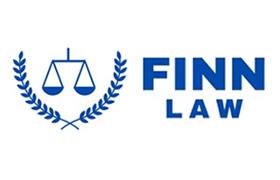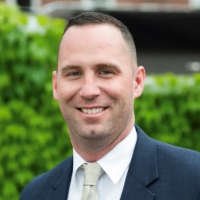Ballston Spa Felony Lawyer, New York
Sponsored Law Firm
-
 x
x

Click For More Info:
-
Finn Law Offices
12 Sheridan Ave. Albany, NY 12207» view mapAccident & Injury and Criminal Defense Action-Oriented Legal Advocacy
At Finn Law Offices, our attorney relies upon his experience and dedication to protect your rights in a personal injury, employment law, criminal defense or civil rights case.
800-872-6030
Not enough matches for Ballston Spa Felony lawyer.
Below are all Ballston Spa Criminal lawyers.
Brandi Burns
Real Estate, Estate, Criminal, Bankruptcy & Debt
Status: In Good Standing Licensed: 30 Years
Heather Ann Corey-Mongue
Lawsuit & Dispute, Family Law, Divorce & Family Law, Felony
Status: In Good Standing Licensed: 28 Years
Christopher Charles Shambo
Accident & Injury, Criminal, Divorce & Family Law, Estate, Real Estate
Status: In Good Standing Licensed: 16 Years
Danielle Nicole Audette
Lawsuit & Dispute, Estate, Divorce & Family Law, Criminal
Status: In Good Standing Licensed: 15 Years
Daryl Shepherd Cutler
Lawsuit & Dispute, Divorce & Family Law, Criminal, Insurance
Status: In Good Standing Licensed: 32 Years
 Ryan M. Finn Albany, NY
Ryan M. Finn Albany, NY AboutFinn Law Offices
AboutFinn Law Offices
